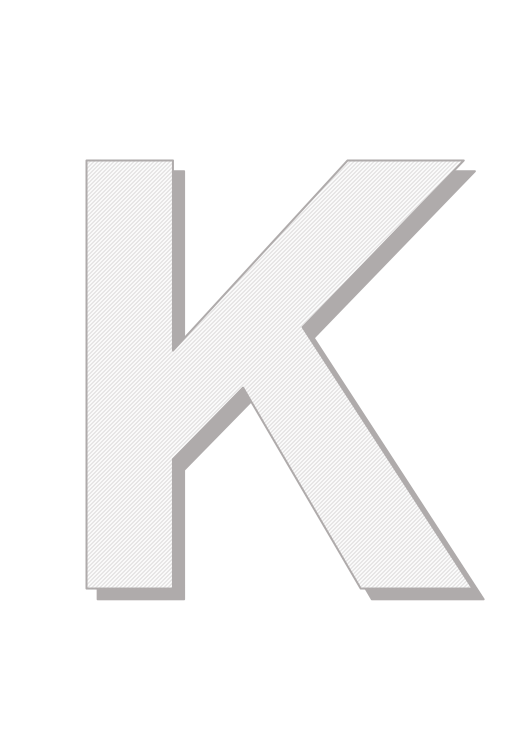Project Aristo: Towards Machines that Capture and Reason with Science
Peter Clark, Allen Institute for AI
AI2's Project Aristo seeks to build a system that has a deep understanding of science, using knowledge captured mainly from large-scale text. Recently, Aristo achieved surprising success on the Grade 8 New York Regents Science Exams, scoring over 90% on the exam's non-diagram, multiple choice (NDMC) questions, where even 3 years ago the best systems scored less than 60%. In this talk, I will describe the journey of Aristo through various knowledge capture technologies that have helped it over its development, including acquiring if/then rules, tables, knowledge graphs, and latent neural representations. I will also discuss the growing tension between capturing structured knowledge vs. capturing knowledge latently using neural models, the latter proving highly effective but hard to interpret. Finally I will speculate on the larger quest towards knowledgable machines that can reason, explain, and interact, and how knowledge captured in both structured and latent forms might help reach this goal.
Peter Clark is a Senior Research Manager and founding member of AI2, and has led Project Aristo since its inception in 2014. His research focuses upon natural language processing, machine inference, and commonsense reasoning, and the interplay between these three areas. He has researched these topics for 30 years with more than 120 refereed publications, 8000 citations, and 3 best paper awards. He is a Senior Member of AAAI, and co-chaired K-Cap in 2005.
